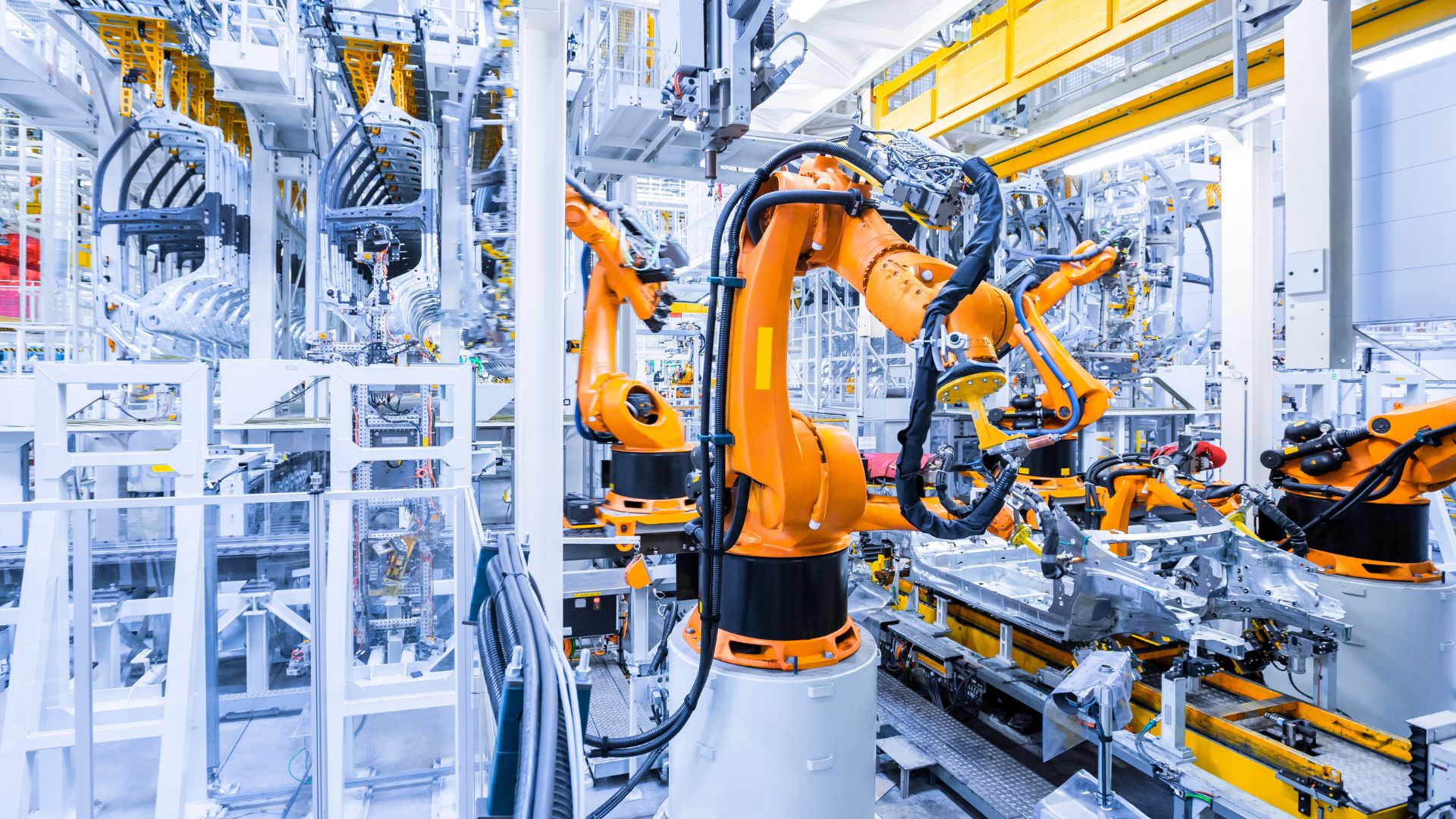In today’s rapidly evolving world of automotive manufacturing, staying ahead of the curve is essential for maintaining a competitive edge. The integration of cutting-edge technology has become a hallmark of successful automotive production facilities. One such innovation that has revolutionized the industry is Programmable Logic Controller (PLC) automation. In this article, we explore how PLC automation is transforming the landscape of automotive manufacturing, optimizing production processes, and ensuring impeccable quality control.
The Role of PLC Programming Automation and Installation in Automotive Manufacturing
Enhancing Efficiency and Precision
PLC automation has emerged as a game-changer in the automotive manufacturing sector, primarily due to its ability to streamline operations and enhance precision. Traditional manufacturing processes often relied on manual labor and complex mechanical systems, leading to inefficiencies and inconsistencies in the final product. PLCs, on the other hand, introduce a level of automation that ensures every task is executed with unparalleled accuracy.
Rapid Reprogramming and Adaptability
One of the standout features of PLCs is their flexibility. In the ever-evolving automotive industry, the ability to adapt quickly to changing production requirements is crucial. PLCs can be rapidly reprogrammed to accommodate new tasks and processes, reducing downtime and increasing production throughput. This adaptability is a significant advantage in an industry that demands constant innovation and agility.
Real-time Monitoring and Quality Control
Quality control is paramount in automotive manufacturing. Any defects or deviations in the production process can result in costly recalls and damage to a company’s reputation. PLC automation enables real-time monitoring of production lines, allowing for immediate identification and rectification of any issues. This proactive approach to quality control significantly reduces the likelihood of defective products reaching the market.
Key Benefits of PLC Automation
Improved Productivity
By automating repetitive tasks and optimizing production processes, PLCs significantly boost productivity. Workers can focus on more intricate and value-added tasks while the PLCs handle routine operations with utmost precision. PLC programming automation and installation will reduce the margin or error aside from accelerating the production.
Cost Savings
Efficiency gains translate directly into cost savings. With PLC automation, automotive manufacturers can minimize labor costs, reduce energy consumption, and lower maintenance expenses. The initial investment in PLC technology is quickly recouped through these ongoing operational savings.
Enhanced Safety
Any manufacturing company has put safety as a top priority in their working environment. PLCs contribute to a safer workplace by taking over potentially hazardous tasks, such as heavy lifting or exposure to harmful materials. This not only protects the well-being of employees but also minimizes the risk of accidents that can disrupt production.
Integration of PLC Automation
Customized Solutions
Every automotive manufacturing facility has its unique requirements and processes. PLC automation solutions can be tailored to meet the specific needs of each operation. Whether it’s assembly line automation, quality control, or inventory management, PLCs offer customizable solutions that can be seamlessly integrated into existing systems.
Training and Support
Implementing PLC automation may seem daunting, but with the right training and support, the transition can be smooth and efficient. Many reputable automation companies offer comprehensive training programs for personnel to ensure they can effectively operate and maintain the PLC systems.
Scalability
As an automotive manufacturer grows, so do its demands. PLC automation systems are highly scalable, allowing for easy expansion and adaptation as production volumes increase. This scalability ensures that the technology remains a valuable asset throughout a company’s growth trajectory.
Future Trends in PLC Automation
Internet of Things (IoT) Integration
The future of PLC automation in automotive manufacturing lies in its integration with the Internet of Things (IoT). This convergence enables real-time data collection and analysis, leading to even more precise control over production processes. Predictive maintenance, remote monitoring, and data-driven decision-making will become the norm.
Artificial Intelligence (AI) Integration
AI-powered PLCs are on the horizon, promising to take automation to the next level. These systems will not only perform tasks but also learn and adapt, continuously optimizing operations for maximum efficiency and quality.
Conclusion
In the fiercely competitive world of automotive manufacturing, staying at the forefront of technology is paramount. PLC automation has emerged as a transformative force, offering unmatched precision, efficiency, and quality control. As the industry continues to evolve, embracing PLC technology will not only ensure competitiveness but also open doors to a future where innovation knows no bounds.
Conaway is an electrical contractor for industrial automation and PLC industrial automation contractor with commercial and industrial electrical services, custom control panel design & fabrication and PLC programming automation and installation. Call 706-884-1333 today for an expert service.


